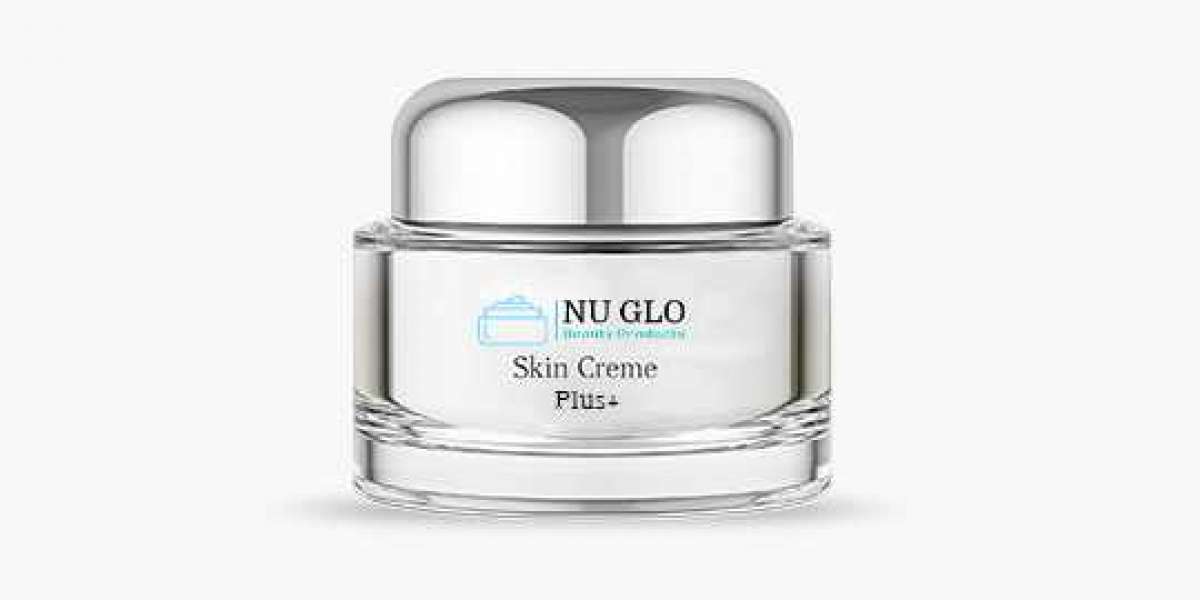In any surgical setting, maintaining a sterile environment is crucial to reduce the risk of infections and ensure successful surgical outcomes. Surgical gown scrubs play a vital role in safeguarding both patients and healthcare professionals from potential contaminants. These specially designed garments create a barrier that helps prevent the transmission of microorganisms and maintain a clean operating room environment. This article delves into the significance of surgical gown scrubs, their types, proper usage, and the impact they have on patient safety.
Importance of Surgical Gown Scrubs:
Surgical gown scrubs are an essential component of infection control protocols. They provide a physical barrier that protects both surgical teams and patients from harmful microorganisms present on the skin or clothing. During surgeries, medical personnel are in close proximity to the patient, and any inadvertent transmission of bacteria or pathogens could lead to post-operative complications. Proper use of surgical gown scrubs significantly reduces this risk, contributing to a safer surgical experience.
Types of Surgical Gown Scrubs:
Reusable Gowns: These gowns are made of durable, high-quality fabric that can withstand multiple rounds of sterilization and laundering. Reusable gowns are cost-effective and environmentally friendly. However, they require meticulous maintenance and monitoring to ensure they remain intact and free from any damages that might compromise their effectiveness.
Disposable Gowns: Designed for single-use, disposable gowns are made from lightweight materials such as non-woven fabrics. They offer convenience as they eliminate the need for cleaning and sterilization, reducing the risk of cross-contamination. However, their single-use nature generates more waste, which must be managed responsibly.
Impervious Gowns: These gowns are crafted from materials with a higher resistance to liquids and microorganisms, providing an extra layer of protection during surgeries where there is a potential for significant fluid exposure.
Breathable Gowns: Surgical procedures can be physically demanding, and medical personnel can easily become uncomfortable and fatigued during extended operations. Breathable gowns offer enhanced comfort and air circulation, making them suitable for long and complex surgeries.
Proper Usage and Donning:
To maximize the efficacy of surgical gown scrubs, healthcare professionals must follow proper usage and donning procedures:
Hand Hygiene: Before donning the gown, all surgical team members must perform thorough hand hygiene to minimize the transfer of microorganisms.
Inspecting the Gown: Ensure the Surgical Gown is free from any visible defects or tears that may compromise its barrier properties.
Correct Gowning Technique: Follow the specific gowning technique recommended by the healthcare facility. Typically, this involves stepping into the gown and securing it at the back before putting on gloves.
Avoiding Contamination: Once donned, healthcare professionals must be cautious not to touch non-sterile surfaces or adjust the gown unnecessarily.
Disposal: For disposable gowns, proper disposal procedures must be followed to prevent any potential contamination post-surgery.
Impact on Patient Safety:
The use of surgical gown scrubs has a direct impact on patient safety in the following ways:
Infection Prevention: The primary purpose of surgical gown scrubs is to reduce the transmission of pathogens. By minimizing the presence of microorganisms in the operating room, the risk of surgical site infections and other post-operative complications is significantly reduced.
Sterile Environment: Maintaining a sterile environment is critical during surgery. Surgical gown scrubs, combined with other infection control measures, create a barrier against potential contaminants, ensuring the surgical site remains free from harmful bacteria.
Confidence and Trust: When patients see medical professionals dressed in appropriate protective attire, it instills confidence and trust in the healthcare system. This contributes to a positive patient experience and overall satisfaction with the care provided.
Conclusion:
Surgical gown scrubs are an indispensable tool in maintaining safety and sterility in the operating room. Their proper usage significantly reduces the risk of infection and ensures positive surgical outcomes. As healthcare facilities continue to prioritize infection control, the use of appropriate surgical gown scrubs will remain a crucial aspect of delivering safe and effective surgical care.
Read More: Cloth Alteration Near Me | Expert Tailoring Services for Perfect Fits







